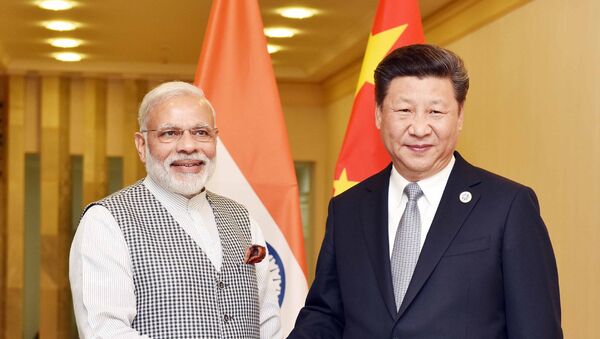"We reached a consensus in Astana two years ago that at a time when the world is more uncertain, our relationship should be a factor of stability. And I am very pleased today to come in the aftermath of the Wuhan summit where the consensus between our leaders on global and regional issues has expanded," Jaishankar said in his opening remarks while meeting Chinese Vice President Wang Qishan in Zhongnanhai, central Beijing.
Jaishankar also co-chaired a second meeting of the High-Level Mechanism on Cultural and People-to-People Exchanges with his Chinese counterpart, Wang Yi. However, it could not be immediately confirmed if the issue of Ladakh was discussed in the closed-door meeting with Wang Yi or not.
Last week, India and China engaged in a verbal duel after the Narendra Modi government made changes in the administrative status of Ladakh by passing the 2019 Jammu and Kashmir Reorganisation Bill.
Beijing reacted sharply to New Delhi's unprecedented move stating that India is undermining China's territorial sovereignty "by unilaterally changing its domestic law".
"Such practice is unacceptable and will not come into force," the Chinese Ministry of Foreign Affairs stated.
New Delhi responded by saying its clearance of the Bill for the formation of the "Union Territory of Ladakh" is an "internal matter concerning India's territory".
Jaishankar, who was previously the longest-serving Indian diplomat in Beijing, arrived in the Chinese capital city on Sunday after Pakistan Foreign Minister Shah Mahmood Qureshi claimed that China supported Islamabad on the issue of repealing special status to Kashmir.
Indian and Chinese authorities acknowledged the outcome of the first informal summit held in Wuhan in 2018 to de-escalate the situation at the border after the 73-day military stand-off over Doklam.
Since the Doklam stand-off, the two countries have made considerable efforts towards resolving border issues and trade disputes.
Indian Prime Minister Narendra Modi and Chinese President Xi Jinping will meet for a second informal summit later this year.


